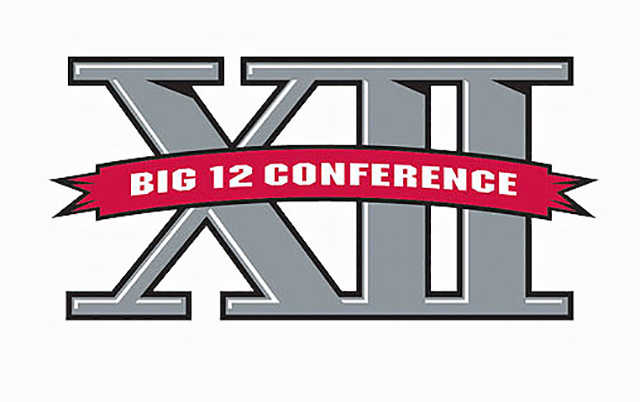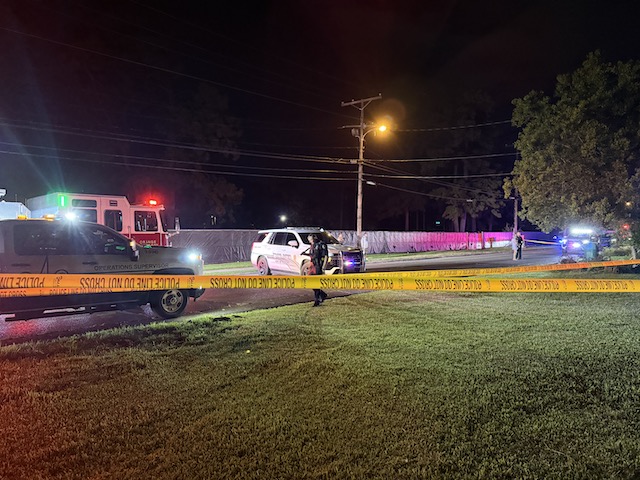Big 12 to move forward with plans for fall football season
Published 2:27 pm Wednesday, August 12, 2020
|
Getting your Trinity Audio player ready...
|
The Big 12 on Wednesday said it will continue moving forward with the intent of playing football in the fall.
The conference’s board of directors met for more than an hour Tuesday to discuss the future of the season in the midst of decisions by the Big Ten and Pac-12 to postpone fall sports until 2021. The Big 12 athletic directors met late Tuesday following the board meeting.
“Our student-athletes want to compete, and it is the board’s collective opinion that sports can be conducted safely and in concert with the best interests of their well-being,” Big 12 board of directors chairman and TCU chancellor Victor Boschini said in a statement. “We remain vigilant in monitoring the trends and effects of COVID 19 as we learn more about the virus. If at any point our scientists and doctors conclude that our institutions cannot provide a safe and appropriate environment for our participants, we will change course.”
The Big 12 also released a revised football schedule Wednesday. Teams will still play their “9-plus-1” schedules, with nine conference games and one nonconference game, but the start of the conference season will be delayed until Sept. 26. The schedule includes two off weeks for every team, to allow for flexibility in the instance that games must be postponed. The Big 12 championship game also has a flexible date, scheduled for Dec. 12 or Dec. 19.
The league’s signature rivalry game, the Red River Showdown between Texas and Oklahoma, will remain at the Cotton Bowl on Oct. 10. The game will occur without its usual ambience, though, as the State Fair of Texas — which annually runs concurrently with the game — was canceled because of the pandemic.
The Big 12 also announced its plans for “enhanced COVID-19 testing,” which will include three tests per week in high-contact sports such as football, volleyball and soccer. Return-to-play protocols will include EKGs, troponin blood tests, echocardiograms and cardiac MRIs.
Those measures come on the heels of college athletics officials’ and university presidents’ growing concern with myocarditis, a heart condition that has affected some athletes who have had COVID-19.
“The virus continues to evolve and medical professionals are learning more with each passing week,” Big 12 commissioner Bob Bowlsby said in a statement. “Opinions vary regarding the best path forward, as we’ve seen throughout higher education and our society overall, but we are comfortable in our institutions’ ability to provide a structured training environment, rigorous testing and surveillance, hospital quality sanitation and mitigation practices that optimize the health and safety of our student-athletes. We believe all of this combines to create an ideal learning and training situation during this time of COVID-19.
“Ultimately, our student-athletes have indicated their desire to compete in the sports they love this season and it is up to all of us to deliver a safe, medically sound, and structured academic and athletic environment for accomplishing that outcome.”






